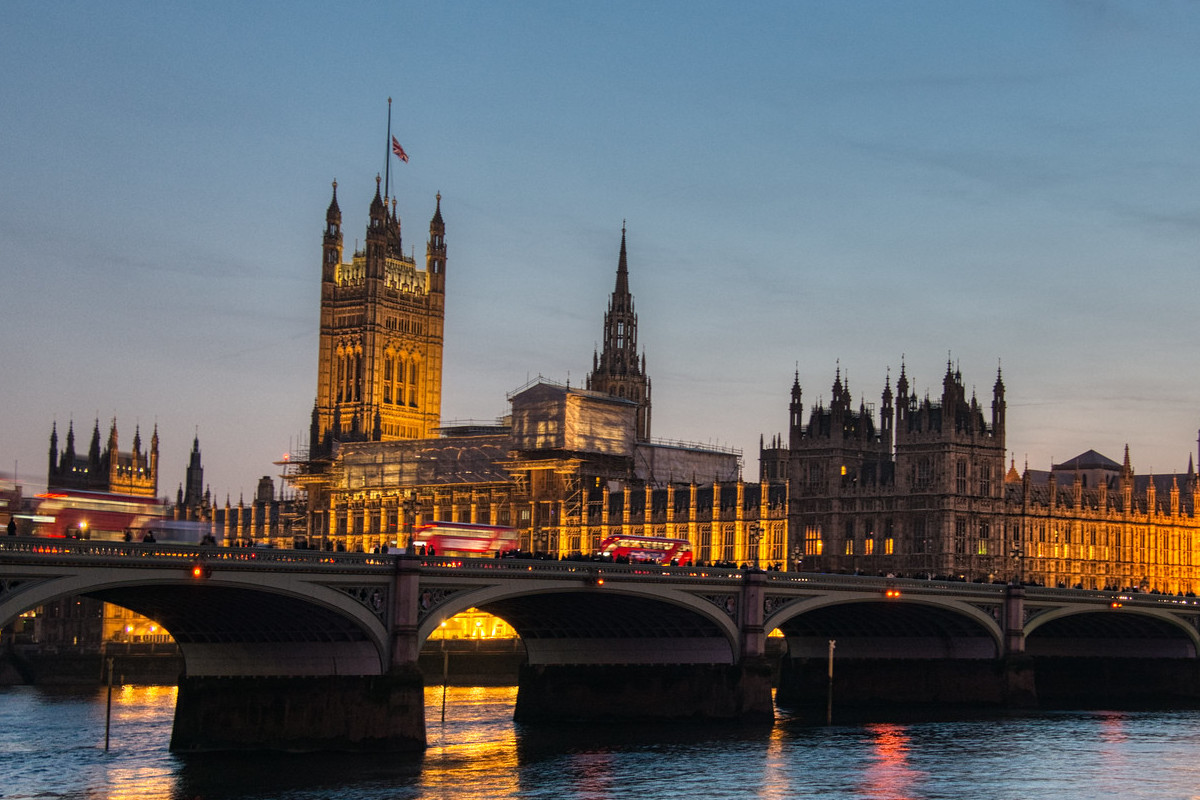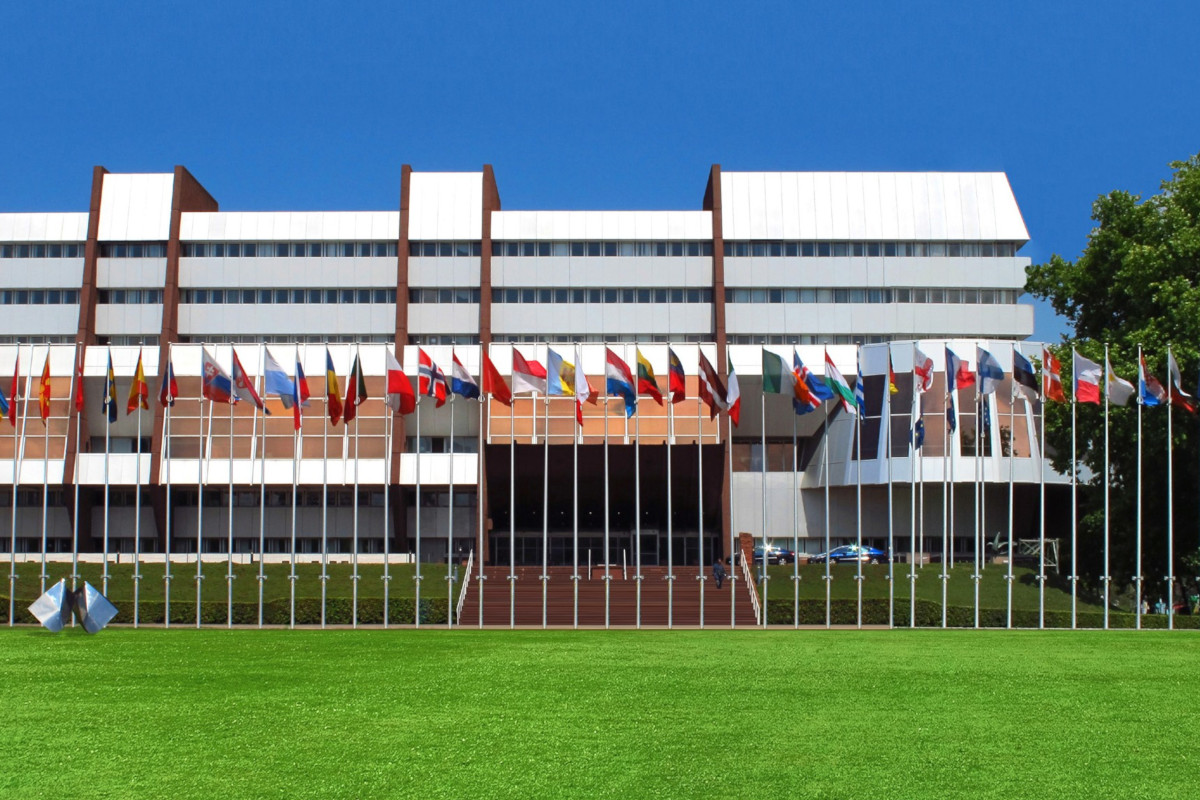UK: Bad news in the Queen's Speech
Topic
Country/Region
21 May 2021
The Queen's Speech, which sets out the government's programme for the coming year, was read to the House of Commons earlier this month. It contains a raft of measures that pose a threat to civil liberties.
Support our work: become a Friend of Statewatch from as little as £1/€1 per month.

Democracy and the constitution
A number of new bills will "strengthen and renew democracy and the constitution," claimed the speech:
"Legislation will be introduced to ensure the integrity of elections, protect freedom of speech and restore the balance of power between the executive, legislature and the courts [Electoral Integrity Bill, Higher Education (Freedom of Speech) Bill, Judicial Review Bill, Dissolution and Calling of Parliament Bill]. My Ministers will promote the strength and integrity of the union. Measures will be brought forward to strengthen devolved Government in Northern Ireland and address the legacy of the past [Northern Ireland (Ministers, Elections and Petitions of Concerns) Bill, Legacy Legislation]."
The Electoral Integrity Bill appears to be a way to disenfranchise a large number of predominantly poorer and marginalised voters by introducing a requirement for photo ID - which millions of people in the UK do not have - to vote.
Critics say that the only thing that the Higher Education (Freedom of Speech) Bill will do for freedom of speech is to restrict it.
The Judicial Review Bill will seek to limit access to judicial review, a crucial way of holding power to account. The right to challenge deportation orders between the Supreme Court will be one victim of the measures.
The Dissolution and Calling of Parliament Bill, meanwhile, would repeal the Fixed-terms Parliament Act 2011 (introduced by the Conservative-Liberal Democrat coalition), making it simpler for the government to call elections - a particularly useful tool at politically-advantageous moments.
The Northern Ireland Bill will apparently make the country's institutions "more sustainable and resilient." The BBC has reported that the "Legacy Legislation" may well lead to an effective amnesty for those involved in serious crimes in Northern Ireland, a proposal that has receievd sharp criticism.
Northern Ireland's Deputy First Minister Michelle O'Neill, of Sinn Féin, said: "At its core this is about the British state closing down any prospect of a meaningful investigation of its role in the conflict."
Full-text of proposals published so far
- Higher Education (Freedom of Speech) Bill
- Dissolution and Calling of Parliament Bill
- Northern Ireland (Ministers, Elections and Petitions of Concerns) Bill
Policing, borders and criminal justice
The spech also announced "measures to increase the safety and security of its citizens":
"Legislation will increase sentences for the most serious and violent offenders and ensure the timely administration of justice [Police, Crime, Sentencing and Courts Bill]. Proposals will be brought forward to address violence, including against women and girls, and to support victims [Draft Victims Bill]. Measures will be brought forward to establish a fairer immigration system that strengthens the United Kingdom’s borders and deters criminals who facilitate dangerous and illegal journeys [New Plan for Immigration Legislation].
My Government will lead the way in ensuring internet safety for all, especially for children [Draft Online Safety Bill] whilst harnessing the benefits of a free, open and secure internet."
Some of the measures in the Police, Crime, Sentencing and Courts Bill may have positive effects. However, it would also severely restrict protest, introduce stricter sentencing rules, new stop and search powers, and provisions that would criminalise trespass (currently a civil offence), which appears to be primarily targeted at gypsy and traveller groups but could also have serious negative effects for protesters, ramblers, wild swimmers and many others.
The anti-protest provisions have sparked a massive 'Kill the Bill' movement, bringing together a wide range of groups and individuals from the environmental, anti-racism, trade union and other movements.
The Victims Bill will aim to put in law the rights for victims of crime that are currently set out in the Victims' Code.
The New Plan for Immigration (pdf) was announced prior to the Queen's Speech and has been roundly condemned by migrant and refugee rights organisations, lawyers, human rights groups and the UNHCR, who said it risks "breaching international legal commitments, undermining global refugee cooperation and triggering damaging effects on asylum-seekers who arrive irregularly".
A 'Sovereign Borders Bill' is expected to put some of the proposals into law.
Finally, the measures in the Online Safety Bill - which the government says will "keep children safe, stop racial hate and protect democracy online" - are in fact a recipe for online censorship by outsourcing the power to demand the removal of content to the broadcasting regulatory body, Ofcom.
Full-text of proposals published so far
Bad news
The majority of these plans were already set out in the Conservative election manifesto and so come as no surprise. Nevertheless, they serve as a remimnder that the current government is squarely set on limiting the means that allow ordinary people to hold the state and government to account - whether protest, legal challenge or voting itself - and at the same time aim to continue the ongoing 'culture war' with its measures on freedom of speech at universities. Migrants and refugees are - as always - the target of further restrictions and control measures.
The government also enjoys a significant majority, making it relatively straightforward to pass legislation as they see fit - that is, unless, they face significant, concerted opposition from the public and from other political parties. If civil liberties and individual rights in the UK are not to be diminished even further, then ensuring that opposition exists is the only option available.
The full-text of the Queen's Speech is available here.
Image: Jorge Láscar, CC BY-SA 2.0
Our work is only possible with your support.
Become a Friend of Statewatch from as little as £1/€1 per month.
Spotted an error? If you've spotted a problem with this page, just click once to let us know.

